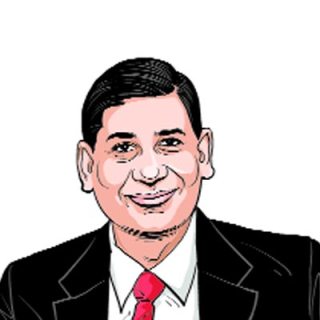Why reservation for economically backward classes may not pass judicial scrutiny
The most likely scenario is that the Modi government’s move will be stayed by the apex court till the final decision on the constitutionality of the Bill is delivered.

The Narendra Modi government started its innings in 2014 with a constitutional amendment giving the government a vital say in the appointment of judges. But the apex court struck it down as unconstitutional in 2016 as the amendment undermined the primacy of the opinion of the Chief Justice of India in judicial appointments, which the Court said was part of the basic structure of the Constitution. Now, the government is ending its term with another major constitutional amendment, whose chances of being struck down by the SC are even greater. Strangely, the government that overemphasised “merit” in judicial appointments has now taken reservation to 59 per cent with almost 95 per cent of the population of economically backward classes covered. Moreover, a pro-private sector government has extended the proposed quota to private educational institutions as well, though the SC in Ashok Thakur (2008) had left this question unanswered.
The proposal to give 10 per cent reservation to the economically backward classes, like several other schemes of the Modi government, is neither novel nor innovative. The Congress government under P V Narasimha Rao did provide for similar reservation, but a nine-judge bench in Indra Sawhney (1992) struck it down. There have been similar efforts in states as well — Kerala under the left government (2008) in admissions to a few courses, the Congress government in Rajasthan (2008) and the BJP regime in Gujarat (2016). Even Mayawati has been in favour of such a reservation and has welcomed the government’s move.
The BJP as a party has not been a great votary of social justice through reservations. In fact, the RSS chief, Mohan Bhagwat, in 2015 called for a review of the reservation policy. But anticipating its political fallout in the Bihar assembly elections, the BJP disowned Bhagwat’s remark. Likewise, the government implemented the apex court’s directive to take the department instead of university as the unit of reservation, a decision that drastically reduced the number of reserved seats for SCs and STs in universities. Similarly, the government lawyer did not effectively defend the SC/ST Act in the Supreme Court and almost admitted its misuse, leading to the dilution of the Act.







































No hay comentarios:
Publicar un comentario